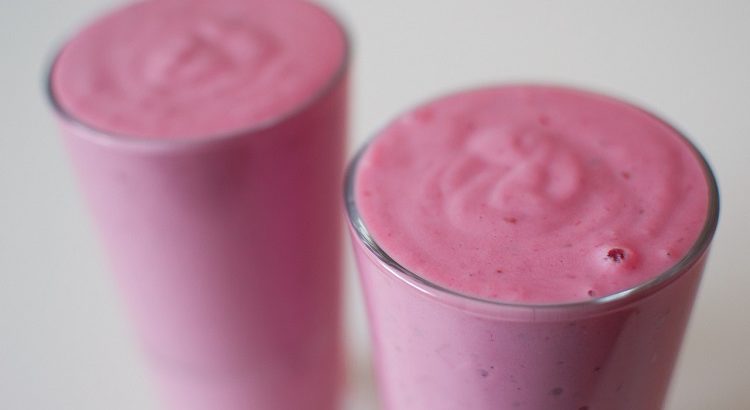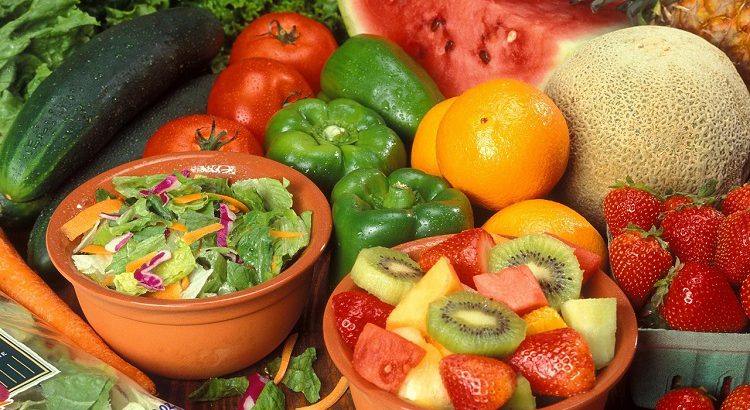Each month, we debunk a health and wellness myth and will explain the real cause behind the malady.
This month’s misconception: Going out with wet hair in cold weather will make you sick.

Each month, we debunk a health and wellness myth and will explain the real cause behind the malady.
This month’s misconception: Going out with wet hair in cold weather will make you sick.

Many of us often lack the time to make three solid meals a day, so smoothies have become a popular way to get a nutritious meal or snack in little time. The catch is that some smoothies can be loaded with sugar and calories.

Each month, a health care professional will weigh in on a health and wellness myth and will explain the real cause behind the malady.
This month’s misconception: A low fat diet is a heart-healthy diet.

Each month, a health care professional will weigh in on a health and wellness myth and will explain the real cause behind the malady.
This month’s misconception: causes of weight gain

Did you know that volunteering can be good for your health? Yes, knowing you’ve helped someone may leave you with a warm, fuzzy feeling inside, but it can actually enhance your well-being too.

Whether you consider yourself a couch potato or simply live a sedentary lifestyle, it’s never too late to start exercising. And with spring fast approaching—making outdoor activities more enticing—now is a great time to start.

Each month, a health care professional will weigh in on a health and wellness myth and will explain the real cause behind the malady.
This month’s misconception: cracking knuckles causes arthritis

Walk into any store to purchase sunscreen and you’ll be bombarded with all of the choices—not just in brands, but with their Sun Protection Factor (SPF) levels. Do you know what SPF means or its significance in protecting your skin?

If you’re thinking about making changes in your diet, or you can’t figure out why the number on the scale is increasing, take some time to record your food intake. Many people are often surprised at how much they eat and how quickly the calories add up. Tracking your food intake can give you insight on your daily eating patterns.

Each month, a health care professional will weigh in on a health and wellness myth and will explain the real cause behind the malady.
This month’s misconception: a base tan prevents sunburn.